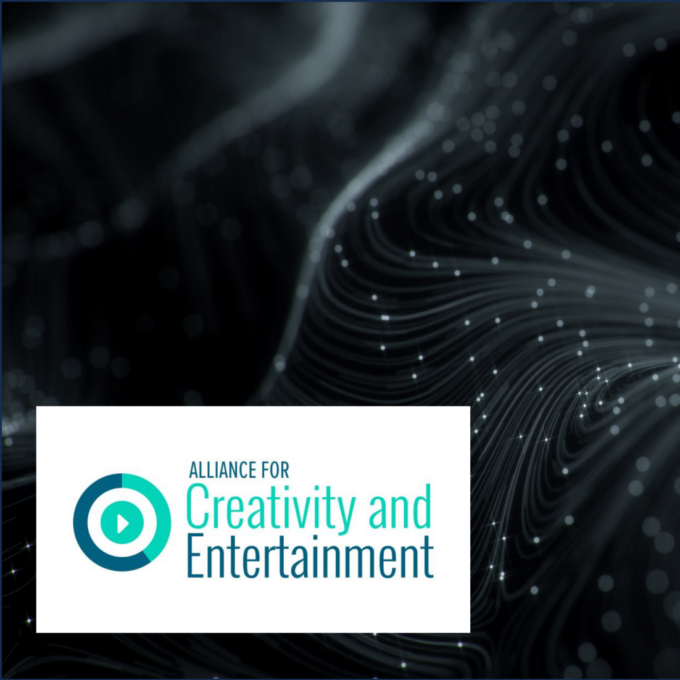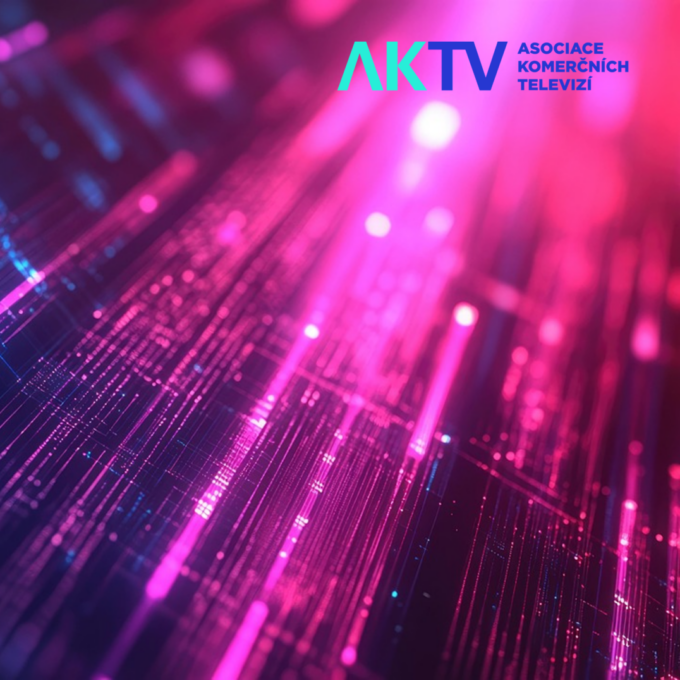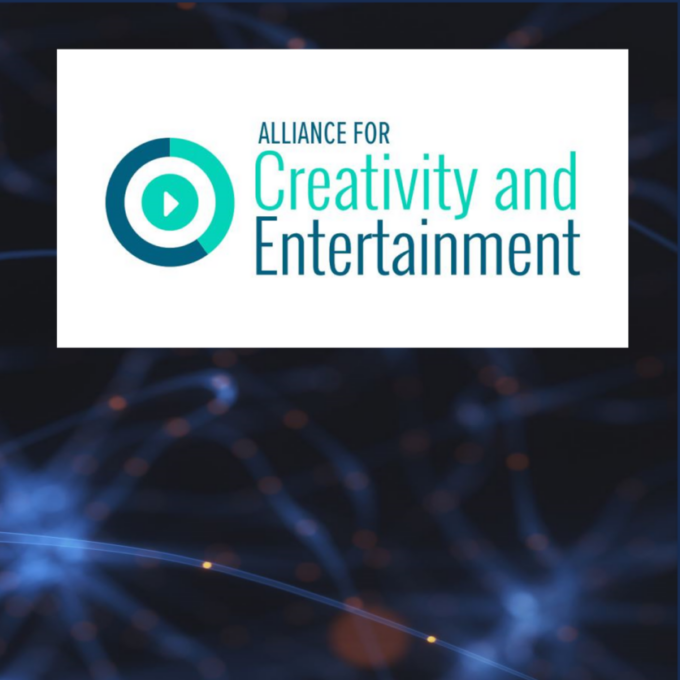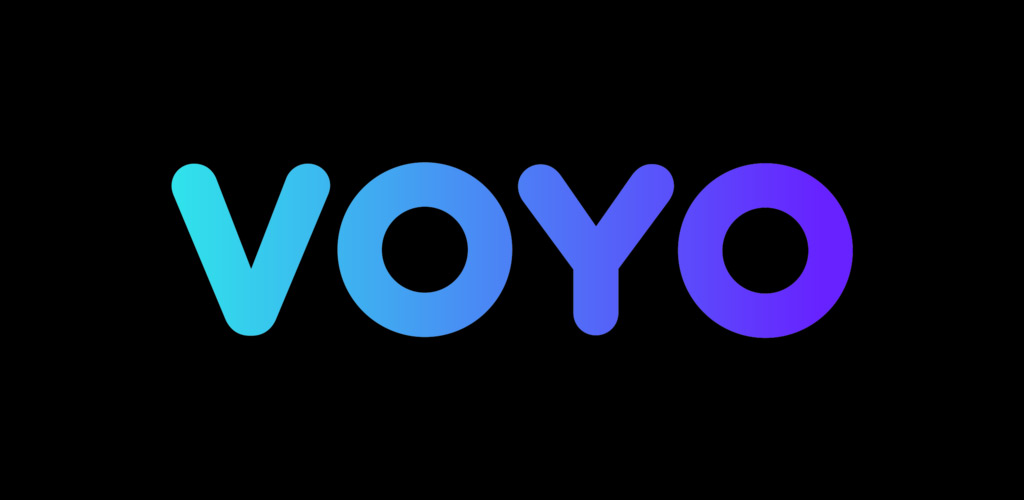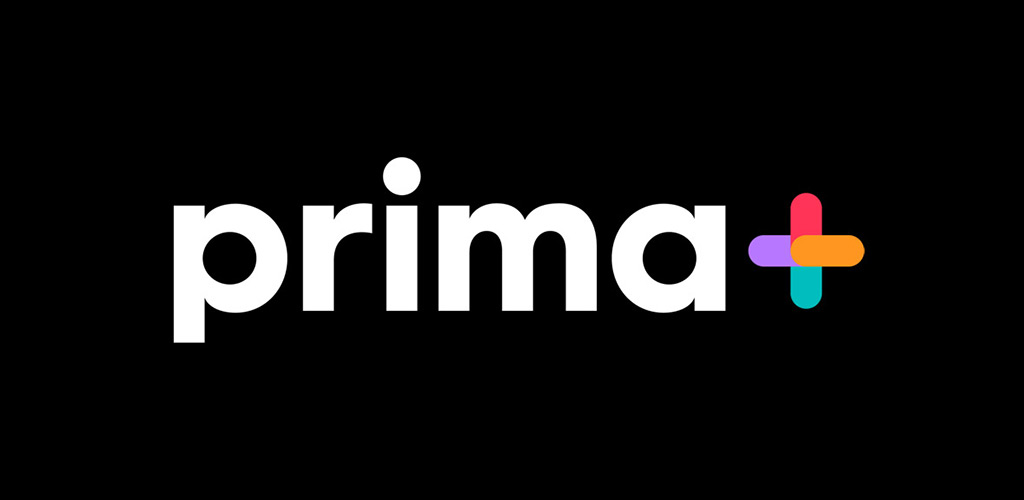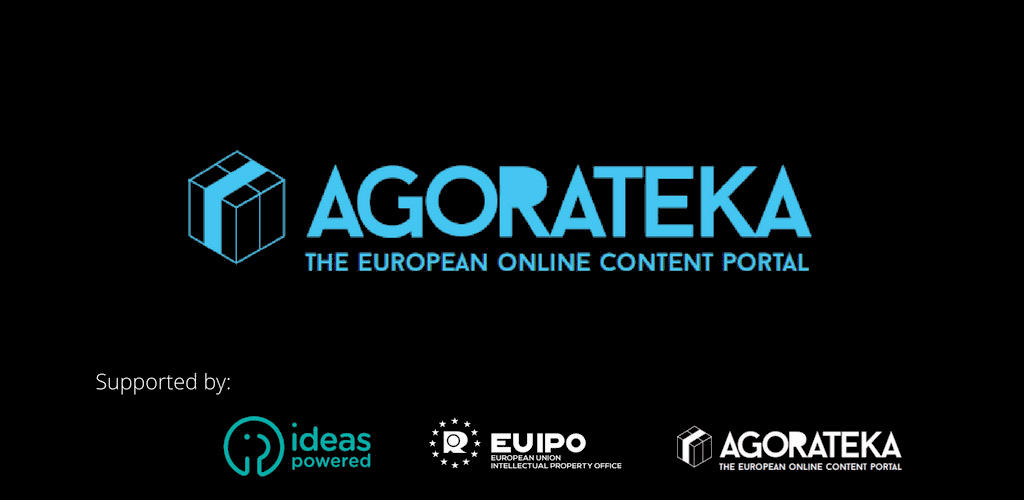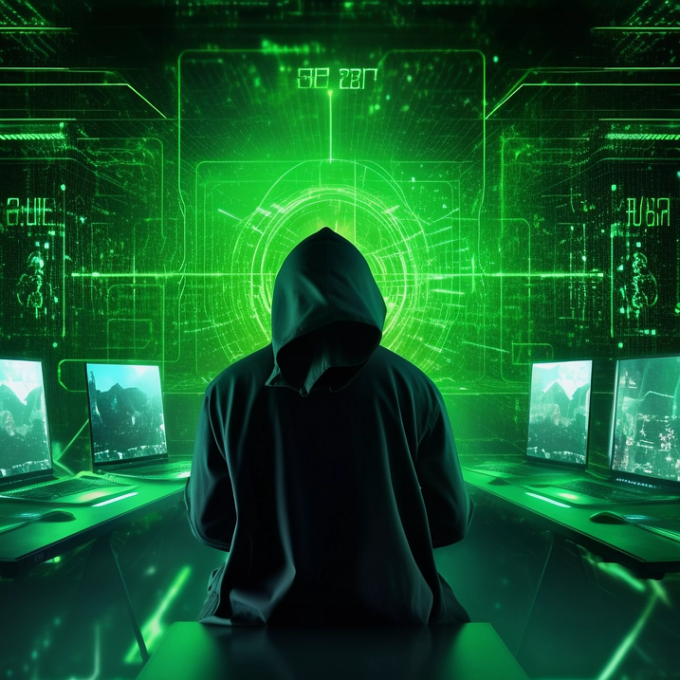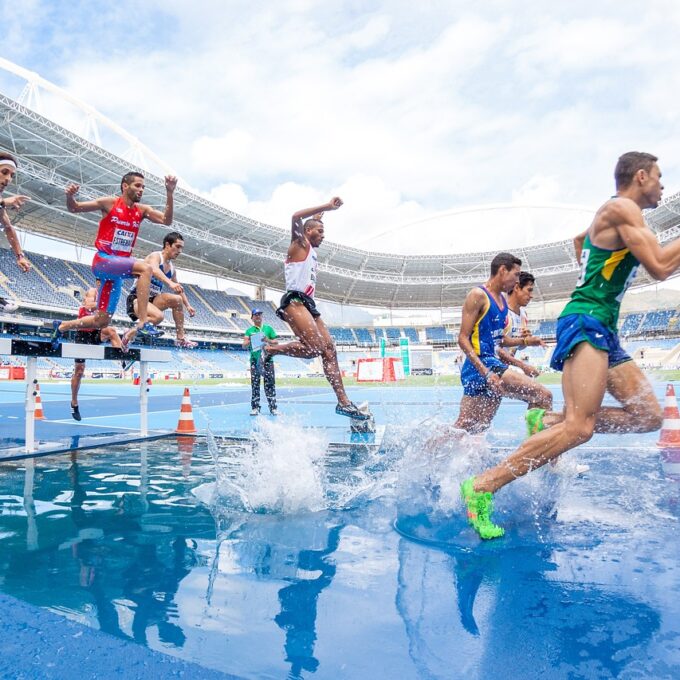The Alliance for Creativity and Entertainment (ACE) has successfully shut down video hosting site Gamovideo in Spain.
AKTV has entered into a new settlement agreement with the services Přehraj.to and Datoid to prevent the illegal sharing of its members protected works.
The Alliance for Creativity and Entertainment (ACE) has filed two separate federal lawsuits against individuals accused of operating illegal internet protocol television (IPTV) services.
What is a work
of authorship
It is a unique result of creative activity. Anyone who creates a work of authorship is an author. The work can be a film, a TV series, music, a book, a painting, a sculpture, a photograph, a computer programme, etc. It can take several years to create, and the creator often invests both time and money into it. This is why works of authorship are subject to special legal protection in the form of copyright. Their authors are entitled to appropriate remuneration for the use of their work and have the right to decide how their work is treated. If authors give permission to someone to use their work, they grant them a licence. If someone uses the work without the author’s permission, copyright infringement occurs.
What is copyright
Copyright protects the work of authorship and gives the copyright holder the exclusive right to use the work. The holder may assign the copyright (i.e. the economic rights) to his/her work for a remuneration or for free. Copyright is inheritable, but is only valid for 70 years after the death of the author. Copyright is regulated by the Copyright Act, i.e. Act No. 121/2000 Coll.
Infringement of
copyright
The internet has made it very easy to access some copyrighted works. For example, pirate servers have sprung up on the internet offering films and TV series for download (often for free but they may charge a download fee) without having the copyright to them. They are thus committing an unlawful act. As a result, audiovisual creators, TV companies, film studios and other entities lose out on the profits to which they are entitled
Copyright and
audiovisual content
The development and production of an original series is a long haul (similar to making a film), taking more than a year (often several years) from the initial concept and testing to production and launch on TV or a streaming service. Hundreds of people from various professions are involved in the process, and the cost of one series title in one season is tens of millions of crowns, a budget comparable to feature films in cinemas. For commercial television, it is essential to have the highest possible viewing figures, i.e. the number of viewers whose reach is monetised in the form of advertising. In addition, the series can be offered online, either free of charge with advertising or for a fee.
However, TV stations are losing these profits due to piracy. Last year alone, for example, pay TV in Europe lost €3.21 billion due to illegal TV piracy, according to a report by the Audiovisual Anti-Piracy Alliance (AAPA).
Why is internet
piracy illegal?
Films, series or TV shows are uploaded to illegal repositories (their names often include words such as share, hell, rapid, save, etc.) without the consent of right holders (creators, producers or licensees) who lose the income they are entitled to from the use of their work. The owners of the repositories, by contrast, profit from these works by charging download fees or placing advertisements. They are therefore committing unlawful acts.
However, users who download the films or series must also beware. While it is true that downloading for personal use is not punishable under certain circumstances (although court opinions on this topic diverge, e.g. the case law of the Court of Justice of the European Union), this conduct is definitely not right as it supports repository owners in criminal activities and causes harm to content owners.
Users are certainly breaking the law when they download films from torrents, which are based on the peer-to-peer principle (i.e. data flow directly from individual users to other users). Any further sharing and distribution of downloaded films, including a link to them, is also punishable.
Legal consumption
of content
such as films, series, e-books and audiobooks, music (including individual songs), PC and other electronic games, etc.
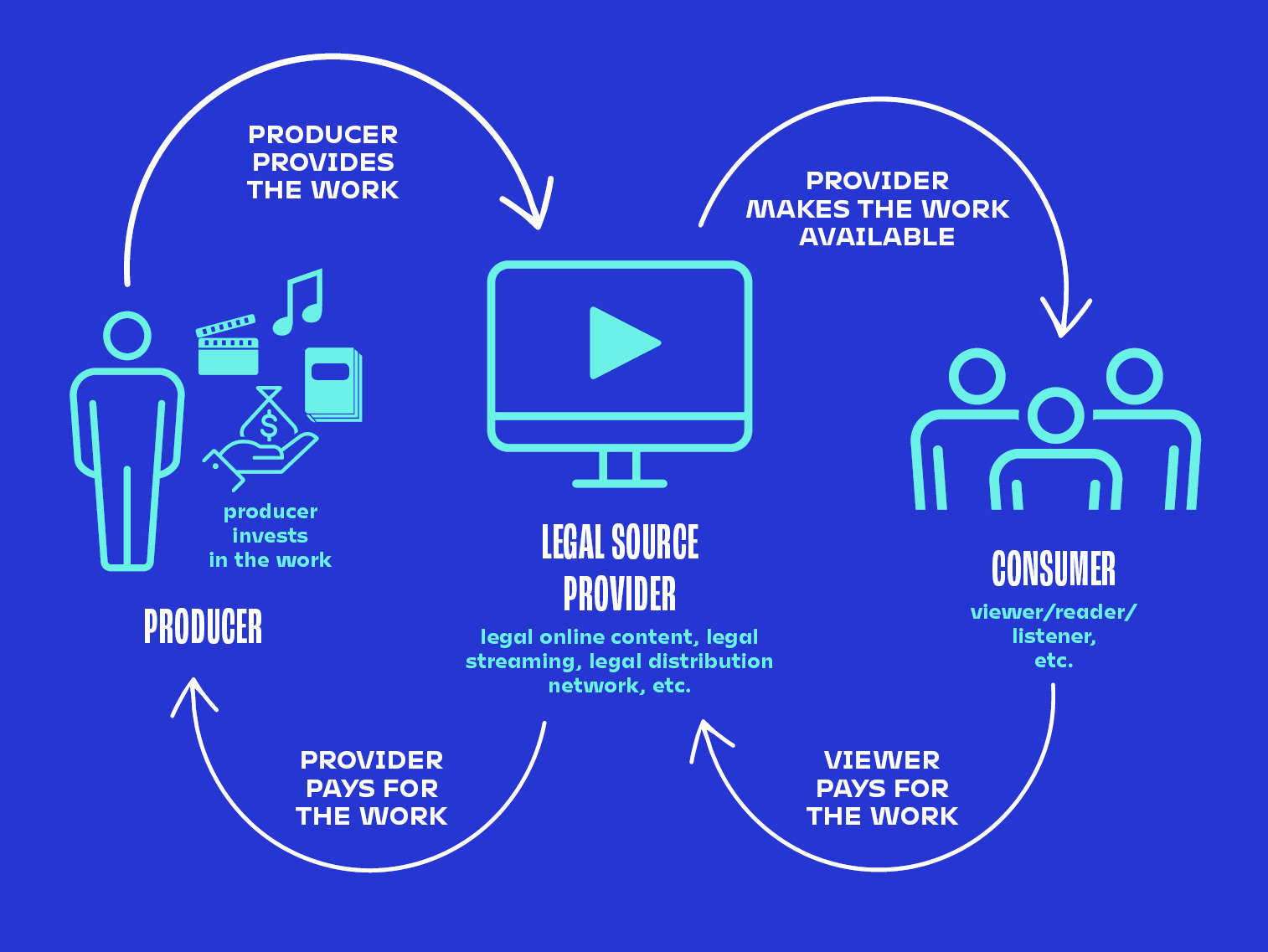
Follow
Legally
GLOSSARY:
FAQ
Copyright concerns the rights of individual authors to their works (e.g. books, music, films, paintings). Rights related to copyright are rights of, for example, performers (i.e. musicians, singers, actors and dancers), phonogram producers, producers of audiovisual fixations, who have rights to their artistic performances, phonograms, etc. Copyright is an exclusive right given to the author (creator), which protects his or her work from unauthorised use. In the Czech Republic, the author and the performer can only be a natural person.
Protection of copyright and related rights differs across the world. There are many harmonised copyright acts in many countries all over the world, thanks to international conventions and due to European legislation (at the level of the European Union).
Copyright belongs to the individual authors. The author can only be a natural person who created the work. Copyright consists of the economic rights and the moral rights. The possibility of exercising the right to use the work (authorisation) can be granted to another person in the form of a licence agreement and, in the case of the death of the author, passes on to the author’s heirs. Moral rights belong to the author for all his or her life and cannot be transferred or waived. There is protection for certain moral rights after the death of the author.
Copyright is an integral part of the development of our entire society and its cultural diversity, and is a prerequisite for future economic growth. Copyright plays an important role in the development of education and scientific research. The potential conflict between wider public interests (interest in the dissemination of works and their public availability) and the interests of the individual author or authors (interest in protection of the author’s rights, interest in the use of the work with the author’s consent and interest in equitable remuneration for the use of works) is solved in Czech copyright law by the exceptions and limitations of copyright which, in certain specific cases, allow the general public to use works without the author’s consent. The Czech copyright system has no general ‘fair use’ rule.
No form of registration is necessary to obtain copyright protection in the Czech Republic. The Czech Copyright Act protects any literary or scientific work or any other work of art. This work must be a unique result of the creativity of the author and must be expressed in any objectively perceivable form. Copyright arises from the moment the work has been expressed in any objectively perceivable form. Photographs, databases and computer programs have a lower threshold of originality and are protected if they are the author’s own intellectual creation. The copyright protection of a photograph arises as soon as the photograph has been taken and there are no further formal requirements.
Copyright infringement simply means that copyright-protected work is used contrary to the relevant provisions of the law. Infringement will most likely be constituted by the use of a work without the consent of the rights holders. A ‘problematic’ situation may arise in the case of breach of copyright. In the case of such a breach, there will be legal recourse and the appropriate proceedings will be instituted. The general rule states that ‘ignorance of the law is no excuse’, therefore it is clear that everyone should be aware whether they are acting (in any given case) in accordance with the law or not. Ignorance regarding copyright infringement could (in certain cases) be considered as ‘mitigating circumstances’, but these ‘mitigating circumstances’ do not exempt the person who has broken the law from liability.
An author’s work may be used: 1) under a licence agreement concluded with the relevant rights holder; 2) according to the provisions of the Czech Copyright Act in the case of compulsory licences (exceptions and limitations); 3) with respect to the limited protection of moral rights, so-called work in the public domain (this is work for which copyright protection has already expired). The possibility of using quotations is limited to the strict conditions set out in the Czech Copyright Act. Therefore, it cannot be said that any use of the copyright-protected work can be subsumed under the provision regarding quotations. The possibility of using quotations means, generally speaking, the use of only excerpts from a work or the use of small works in their entirety, under the conditions stipulated by the law. The following information should be included in the case of quotations: the name of the author, title of the work and the source.
No, not without specific authorisation or a licence from the copyright holder. Uploading a home-made video with music protected by copyright and related rights to a video platform would mean infringement of the copyright and related rights in the musical work and the musical recording.
When a person makes a copy of a work for personal use, he or she does not necessarily break the law. This is one of the statutory exceptions. A person can give a copy to members of his or her family or to close friends, if the aim of giving the copy is personal and does not circumvent the purpose of personal need. However, there is no clear answer in Czech legislation and case-law. Therefore, the answer given here is based on academic discussion and literature only. A personal copy of a work cannot be given to a wider range of people, for example, via the internet.
It is possible to make a copy of a work for personal use, under the exceptions contained in the Czech Copyright Act. Czech Copyright law does not specify the ‘nature’ of the ‘source’ of the work or what technology can be used for the downloading. Downloading from the internet is possible, regardless of the technology that is used. It does not matter whether the consumer downloads the work as a whole or in parts, it is still necessary to look at this exception from the perspective of the so-called three-step test set out in Article 29 of the Czech Copyright Act. In addition, it is important to respect technical protection measures, which can limit the possibility of using a work or parts of a work (especially on the internet, because there is no exception in this case).
Effective technical protection measures are technologies, devices or components that are designed to prevent or restrict unauthorised acts in relation to the works of individual rights holders. Basically, they are a form of protection that limits accessibility to the works. The law clearly states that anyone who circumvents the technical protection measures will, in effect, be infringing copyright. There are certain exceptions, such as when an author has to make his or her work available in order to allow the general public to exercise certain exceptions listed in the Czech Copyright Act. The rights holders may allow (despite the fact that technical protection measures are in place) the use of the work in accordance with the private copy exception. Rights holders can (in this case) limit the number of copies that can be made. For internet use, DRM (digital rights management) protection has absolute validity without exception.
Copyright levies are paid in connection with the private copy exception for personal use by a natural person or for their own internal use (of this exception) by a legal person or a sole trader. Levies are paid by producers and importers of blank record carriers and devices for making reproductions through collective rights management societies to the authors, performers and producers. In general, the levies are paid from blank record carriers and devices for making reproductions. The levies are distributed on the basis of Article 99e of the Copyright Act and the collective rights management rules. In general, those rules should reflect the popularity (sales, radio charts, etc.) of the individual works of art.
Films, series, etc. can be downloaded or streamed online thanks to various websites (services) that offer this content legally. However, users can also obtain this content thanks to various online file-hosting services and websites with embedded videos, which do not have the appropriate authorisation for this kind of communication of works to the public.
Users are not liable for copyright infringement in the case of downloading or streaming the work for their own personal use — based on the private-use exception and the three-step test.
If authors’ works appear automatically on a website or on a social network, and if this cannot be controlled by the user, then there is no user’s responsibility for the possible infringement of copyright. The user (in this case) does not infringe the copyright. If a user only creates a link (to another website where a work is posted) on his or her web page, the user does not violate the law. However, embedding has to be treated specifically. Czech courts have issued rulings in the past that consider embedding as a form of communication of the work to the public.
There is no possibility of transferring an author’s rights in a work. The author may only grant authorisation to exercise the right to use the work (i.e. a licence). This means that it is up to the author which rights, and under what conditions, he or she would license a work. Some websites may have (in their conditions) provisions related to the granting of rights to works. A very important issue is whether the licence is exclusive or non-exclusive. In the case of an exclusive licence, the author cannot use his or her work personally (unless otherwise agreed), nor can the author give this authorisation to anyone else. In the case of non-exclusive licences, the author may also dispose of the work and can grant licence agreements to other people. The above-mentioned information relates to the economic rights, (e.g. the right to use the work and the right to agree to use the work). However, the moral rights, (e.g. the right to paternity, right to integrity of the work, right to publish the work), still belong to the individual author and cannot be transferred or waived.
An avatar on the internet is mostly used in the form of pictures, photos, a sign, etc. This is therefore a visual representation of the user who uses his or her own particular visualisation on a website, in various social networks, in chat rooms, in computer games, etc. Pictures, photos, visual representations of certain characters, logos, etc. are protected as works in line with the provisions of copyright law. If a person does not use visualisation for his or her own personal use only, but regularly uses it on the internet where it can be, for example, freely downloaded by anyone, then this person illegally communicates the work to the public.
If the work is available on the internet, it should be available in accordance with the provisions of the law. Since it is difficult to distinguish the nature and legality of the various services that offer works, it is necessary to be careful. The best way to obtain information about the nature of a work, and also about a service, is to contact the organisations dealing with collective rights management, or with the protection of a particular kind of work (anti-piracy organisations). These organisations and collective rights management societies in the Czech Republic include the Business Software Alliance (BSA); the Czech National Association of the International Federation of the Phonographic Industry (CNS IFPI); the Czech Anti-Piracy Union (CPU); the Dilia — Theatre, Literary, and Audiovisual Agency and the OSA — Protective Authors’ Union for rights in musical works. Some websites also provide a list of legal digital services that customers can visit. Customers can visit (in the case of music), for instance, the following website: www.pro-music.org.
Do you have a question about copyright, its protection or infringement?
Pirate sanctions
The Alliance for Creativity and Entertainment (ACE) has filed two separate federal lawsuits against individuals accused of operating illegal internet protocol television (IPTV) services.
A man from Birmingham who ran a sophisticated illegal streaming operation has been jailed for two years and nine months.

